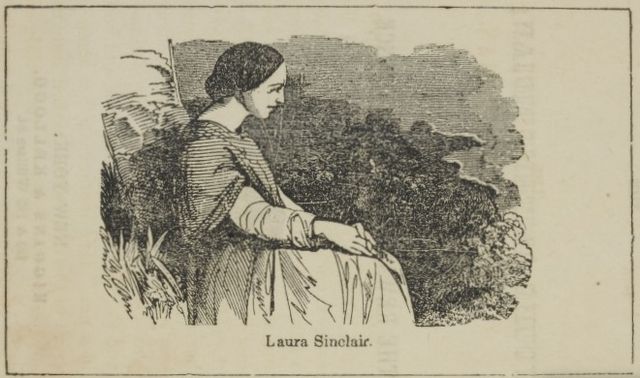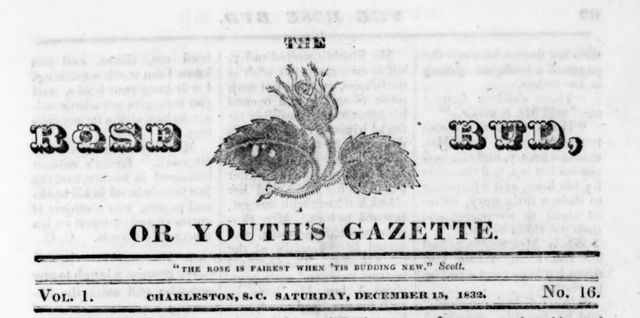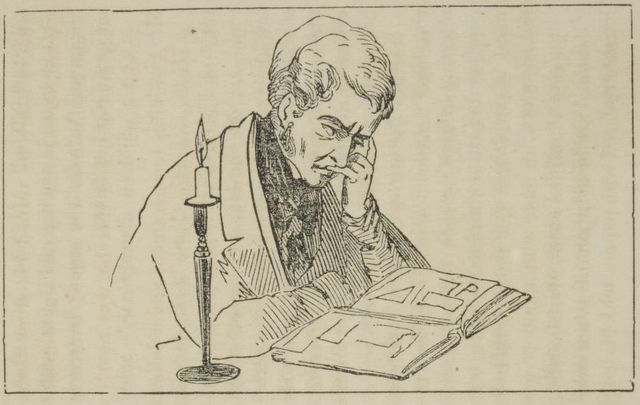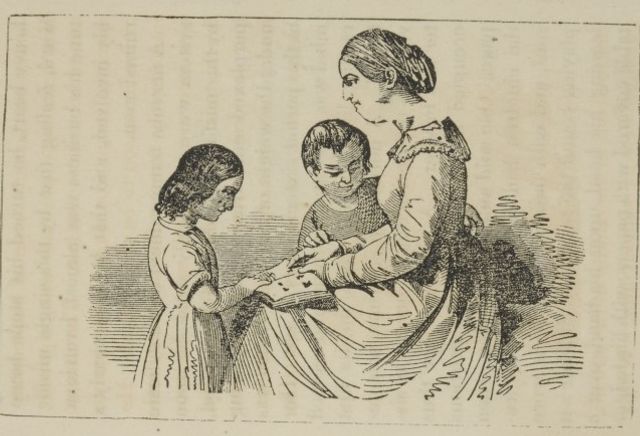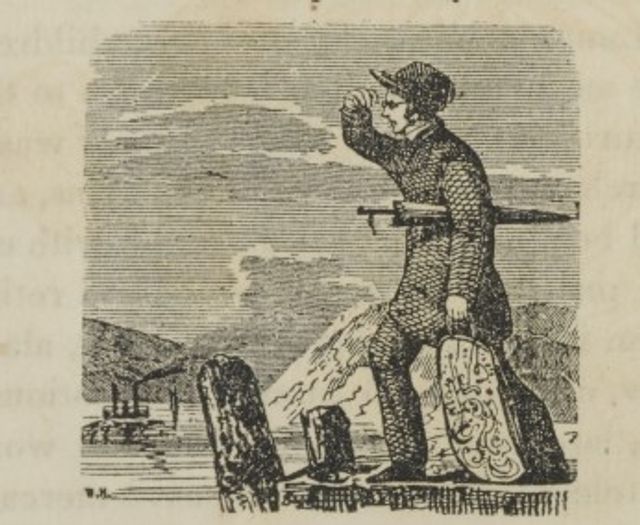-
Vijay Fafat
- Published on
One of those “moral values” stories which used to be published way back when (well, all the way back in 1832, in this case). A very light-weight story about a sixteen-year old girl, Laura (daughter of one Mr. Sinclair), who did not like mathematics. As she and her mother spoke one day:
“ ‘Oh, mother,’ she exclaimed, ‘this is arithmetic day ; how I hate it!’
‘My daughter, do not make use of such expressions,” replied her mother. “Nothing is wanting but close attention and perseverance, to make that study as agreeable as any other. If you pass over a rule carelessly, and say you understand it from want of energy to learn it, you will always find it difficult I speak with feeling on this subject, for when I went to school, a fine arithmetician shared the same desk with myself, and whenever I was perplexed by a difficult sum, instead of applying to the teacher for an explanation, I asked Amelia to do it for me. She was too obliging, and complied. The consequence is, that even now I am often compelled to refer to your father in trifling calculations. I expect much assistance from your perseverance, Laura,” continued she, affectionately taking her hand.”
This sermon lit a fire in Laura’s heart, who started working on her arithmetic with vigor and focused perseverance.
“Laura’s eyes looked a good resolution, and she commenced the next day putting it in practice. Instead of being angry because she could not understand her figures, she tried to clear her brow to understand them better ; and her tutor was surprised to find her mind rapidly opening to comprehend the more difficult rules. She now felt the pleasure of self conquest, besides the enjoyment of her mother’s approbation, and steadily gave herself up to the several branches of mathematics.”
In a few months, she became quite adept at numbers. So much so that when her father ran into some trouble with his accounts in his business, she offered to help as the best accountant around. A skeptical father - reflecting the period’s common thought that women could not be good at mathematicss - still indulged her, and by the end of it:
“Three hours did Laura sit, and give the whole power of her mind to these calculations. Mr. Sinclair’s spirits gradually rose with every chime of the clock. “ Wife,” said he suddenly, “ if this girl only gives me one more hour like this, I shall be in a new world.”
Laura became her father’s chief clerk for accounts and “the fine female hand in Sinclair’s books and papers [became] a subject of curiosity and interest to his mercantile friends.”
So finished the simple story. While the story itself is of no specific literary value, what is to be commended is the social value it communicated in highlighting the ability of women to excel in subjects so misogynistically considered beyond female intellect back then…
